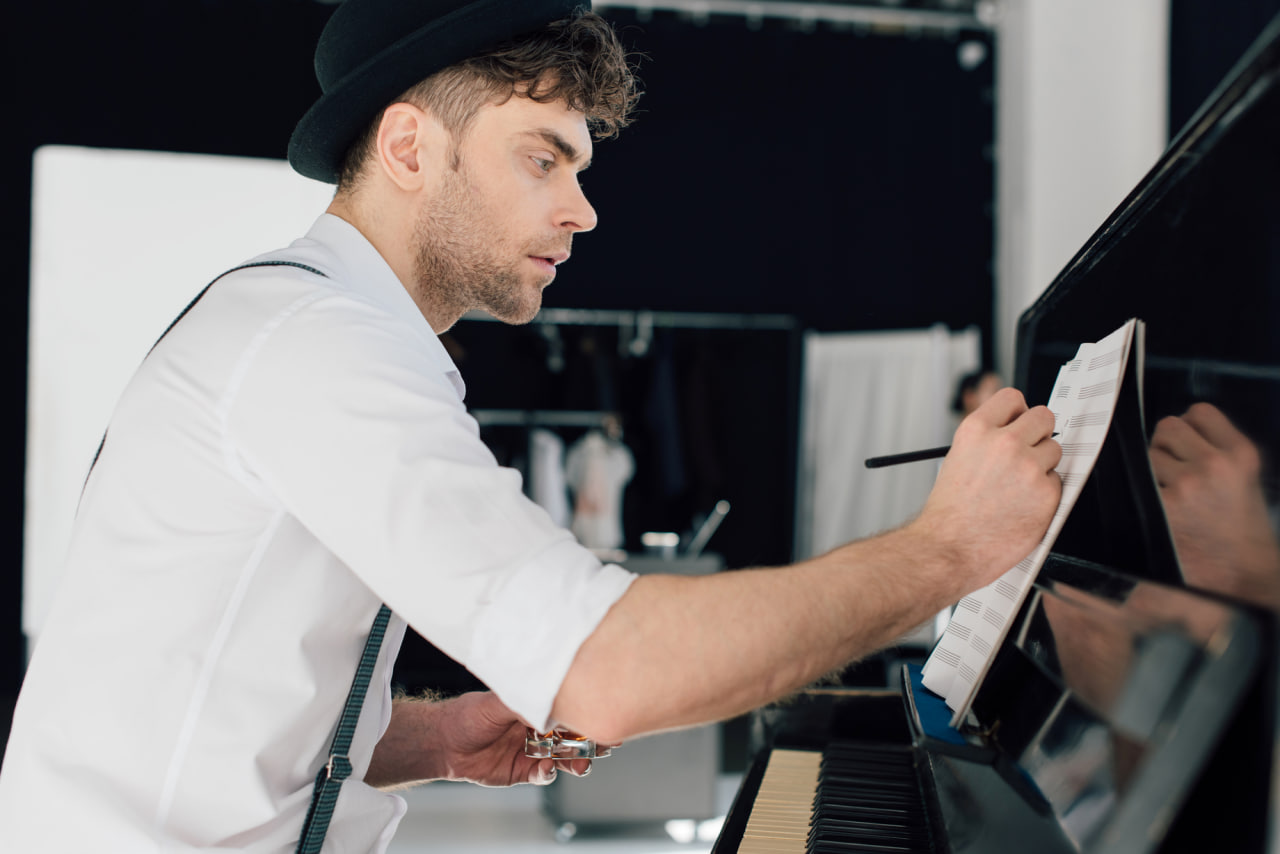Learning piano is a journey that requires both dedication and passion. Progress does not happen overnight, and maintaining motivation is often one of the greatest challenges for students. Understanding how to track growth, overcome obstacles, and stay inspired is essential for long-term success and enjoyment in piano study.
Setting Realistic Goals
One of the most effective ways to maintain motivation is to set clear, achievable goals. Goals provide direction and a sense of purpose, whether they are mastering a new piece, improving sight-reading, or achieving technical proficiency. Short-term goals, such as learning a simple scale or completing a practice session without mistakes, help students experience regular victories. Long-term goals, such as performing in a recital or completing a challenging composition, provide broader milestones to work toward.
Tracking Progress
Monitoring progress helps students recognize improvements and maintain motivation. Keeping a practice journal, recording performances, or noting technical and musical achievements provides tangible evidence of growth. Reflecting on past accomplishments not only boosts confidence but also highlights areas that need further focus, ensuring that practice remains effective and targeted.
Overcoming Challenges
Challenges are a natural part of learning piano, from technical difficulties and hand coordination to interpreting complex music. Viewing challenges as opportunities rather than obstacles encourages resilience. Breaking difficult passages into smaller sections, practicing slowly, and seeking guidance from teachers are strategies that allow students to overcome obstacles systematically. Embracing challenges as part of the learning process fosters perseverance and self-confidence.
Maintaining Consistent Practice
Consistency is essential for progress and motivation. Establishing a regular practice routine ensures steady improvement and helps students build a strong foundation. Even short, focused sessions are more effective than irregular, lengthy practice. By dividing practice into segments—technical exercises, repertoire, sight-reading, and musical expression—students can maintain variety and avoid fatigue while reinforcing essential skills.
Finding Inspiration
Inspiration is a powerful motivator for piano students. Listening to recordings of professional pianists, attending concerts, or exploring new repertoire can spark enthusiasm and creativity. Students who are inspired by music are more likely to practice diligently and explore their own artistic expression. Inspiration also helps students connect emotionally with the music, which enhances both technique and performance quality.
Celebrating Achievements
Acknowledging accomplishments, both big and small, reinforces motivation. Completing a challenging piece, improving timing, or mastering a technical exercise deserves recognition. Celebrating progress, whether through personal reflection, sharing performances with family and friends, or participating in recitals, builds confidence and reinforces the rewards of consistent effort.
The Role of Teachers and Mentors
Guidance from teachers and mentors is crucial for maintaining motivation and tracking progress. A supportive instructor provides feedback, encouragement, and structured challenges that help students advance. Mentors also help students navigate setbacks and maintain a positive mindset, ensuring that learning remains a rewarding and enjoyable experience.
Developing a Growth Mindset
A growth mindset—the belief that abilities improve with effort—is essential for student motivation. Embracing mistakes as opportunities to learn, staying patient during plateaus, and focusing on progress rather than perfection fosters resilience and long-term commitment. Students who adopt a growth mindset are more likely to persevere, enjoy the learning process, and achieve meaningful musical growth.

